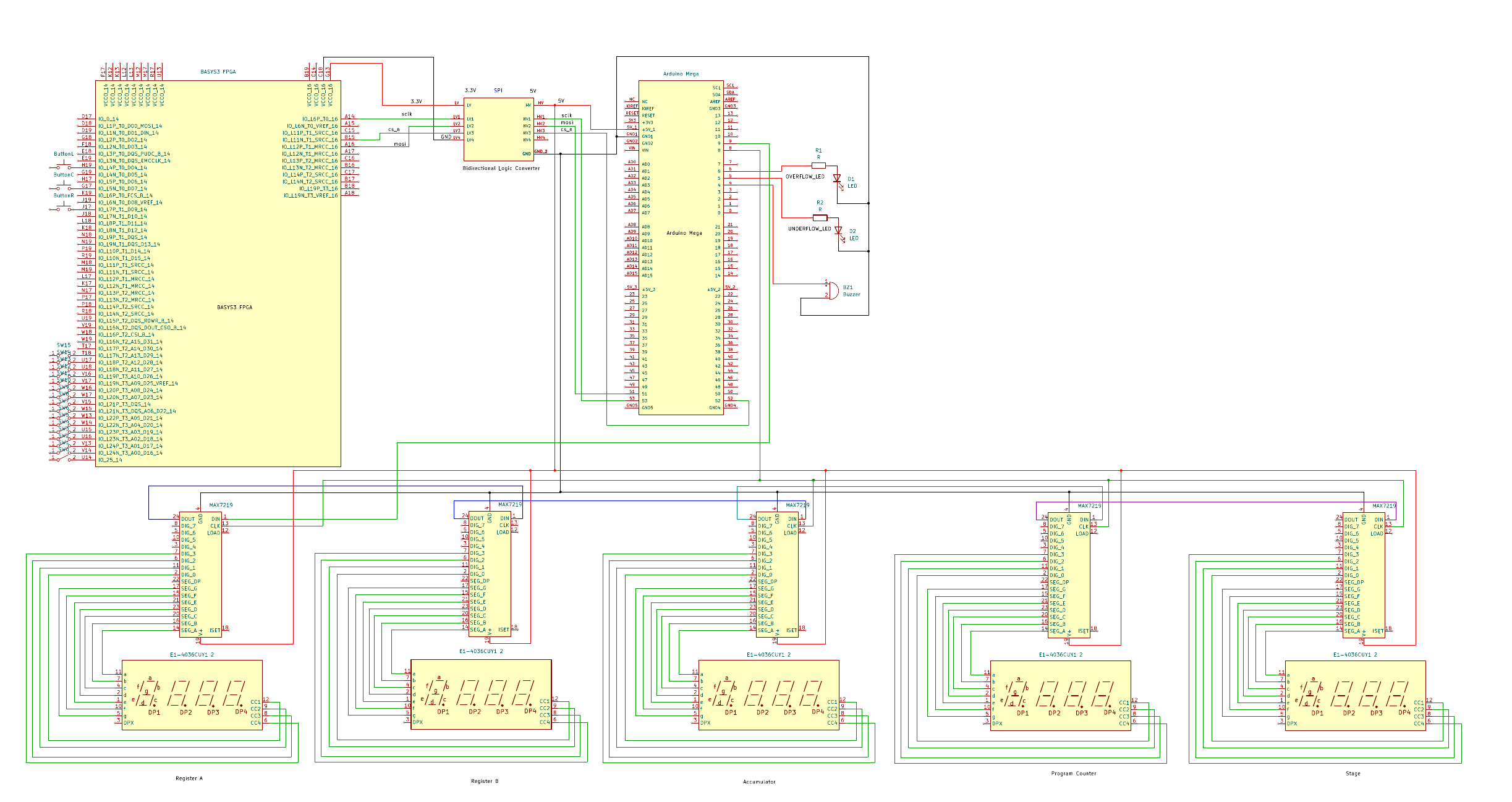I completed my Bachelor's of Science in Computer Engineering at Fenerbahçe University. At first, I thought my interests lay with software development, but I soon learned that wasn't the case. I thought EE was just about solving Kirchhoff's Equations all day long and dealing with those boring voltage/current problems—for God's sake!
During my studies, I realized I didn't really understand what hardware was about until I took courses like Computer Architecture and Logical System Design. After those courses, my path was clear. I was going to—at least attempt to—become a Hardware Engineer! Soon after, I discovered the world of Cryptography and worked on applications where I designed hardware systems specialized in cryptographic algorithms. I was also fortunate enough to complete my internships at companies working in similar fields. Now, I'm trying to bridge Hardware Engineering with reverse engineering, and I hope to work and research in this field.
During my second and third years of university, I discovered QWorld (an organization that aims to raise awareness about quantum computing) and took several of their courses to deepen my knowledge in quantum computing. I learned about concepts I'd never even heard of before, which showed me how exciting it would be to work with these cutting-edge technologies.
Maybe some people reading this—though I doubt anyone will—might think I was a stellar 4.0 GPA student, but that's far from true. My GPA in the first year was around 1.4/4.0, if I'm not mistaken. I can't say I studied much, but I don't think I deserved that low of a grade, to be honest :P. Over the following semesters, I gradually improved each term and brought my GPA up to 3.06/4.0. I needed that 3+ GPA to pursue my dream of becoming a hardware engineer with the specializations I wanted. What I'm most proud of is the amount of work I accomplished—not just coursework, but also projects and research outside of class.
In May 2023, I participated in the ESICM Datathon 2023. Our team consisted of six doctors and one measly second-year university student (me), while other teams had actual professional data scientists and medical experts. Despite these circumstances, we managed to secure 3rd place in the datathon and presented our project at the ESICM 2023 conference in Milan in front of professionals from various backgrounds.
I was also part of the QRAM research team, where students with quantum computing knowledge conducted literature reviews, developed proof-of-concepts, and presented their findings. My team was tasked with researching QRAM and its implementation methods. Long story short, we secured 2nd place in that competition.
In my final year, I decided to design an SAP-1 inspired CPU architecture on a BASYS3 FPGA with a connection to an Arduino Mega to display the system status. This project was considered challenging for an undergraduate, so much so that I made a bet with my project advisor: if I completed the project with all its functionalities, he would write me a letter of recommendation. After months of work—and months of troubleshooting to ensure everything functioned properly—I completed the project and presented it to my evaluation committee. I received full marks from all judges except one, who gave me 90 instead of 100 because, as he said, I talked too much and confused him.
At last, graduation day arrived. I graduated on time without needing to extend my deadline, finishing with a 3.06 GPA and ranking 2nd in my department. Looking back, one regret I have is that there was no way for me to take more hardware courses because my university didn't offer them. It might have been better if I had chosen EE instead of CE. Oh well, it is what it is...
After graduation, I was invited to participate in the NASA Space Apps Challenge, a global competition held in various locations worldwide. I attended the event in Akşehir, Turkey. Our challenge was to develop an AI system that could identify exoplanets and categorize them into three groups: Confirmed Planets (planets verified by space agencies), Planet Candidates (objects fitting planetary criteria but not yet confirmed), and False Positives (other space objects like asteroids). We preprocessed the data and created a dense neural network that achieved approximately 78% accuracy. We also implemented a feature where the system automatically searches an SQL database for similar entries within a 2% error margin of user input; if a match is found, it classifies the object as a confirmed planet. If not, our neural network predicts whether it's a planet candidate. We presented this solution to the judges and secured 2nd place in the competition. Another victory to add to the list :D.
Currently, I'm part of an organizing committee for an International Datathon Event that will take place in Turkey. The organizers include MIT, Mayo Clinic, and National Medicine Associations. I'm also the co-founder of the IEEE FBU Student Branch (the IEEE student branch at my university), and we have many exciting events planned. As for what's next, I'm planning to go abroad for my master's degree and continue researching in my areas of interest.
